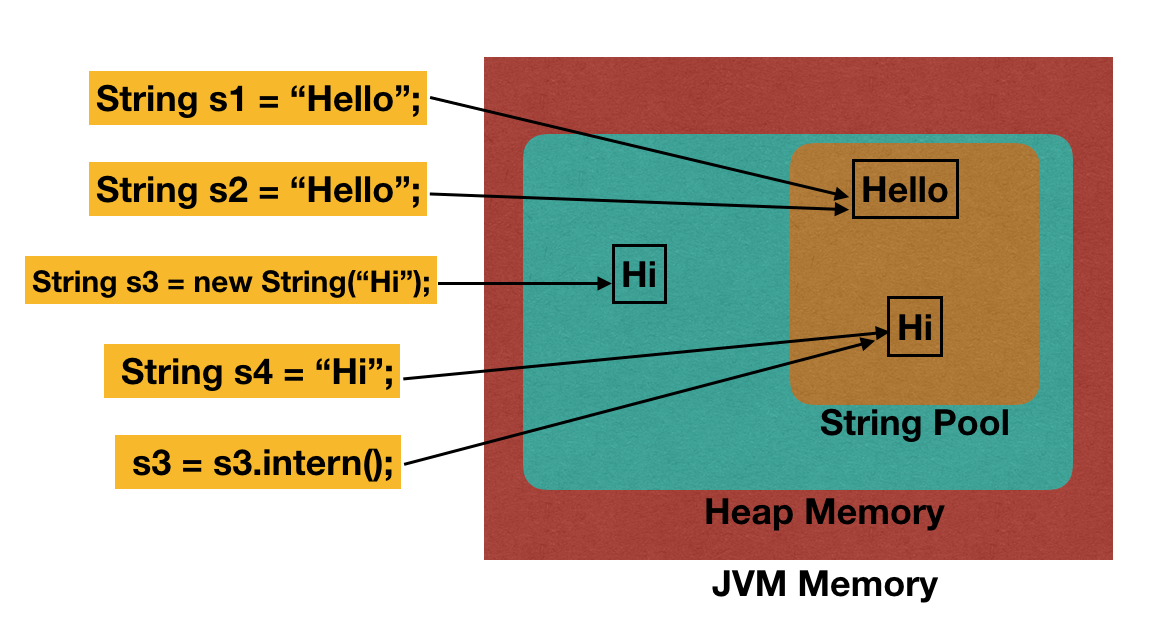Discovering the Benefits of Unalterable Strings in Modern Programming Paradigms
In the realm of modern-day programming standards, the principle of immutable strings stands as a cornerstone of durable software application development. By adopting unalterable strings, programmers can ensure boosted information stability, improved thread safety, streamlined debugging procedures, raised protection actions, and efficient efficiency optimization.
Boosted Data Honesty

By avoiding the modification of string items, immutability eliminates the threat of unintended changes to the information they hold. This not only enhances the safety of the information yet also boosts the dependability of the code that depends on these strings.
Immutability also sustains more secure multithreading atmospheres, as concurrent access to unalterable strings does not position the threat of data corruption via synchronised alterations. This residential property streamlines the procedure of managing strings in identical shows situations.
Essentially, immutability serves as a safety guard around the information kept within strings, boosting their honesty by making sure that as soon as defined, their worths stay unchanged throughout the program's implementation.

Boosted String Safety And Security
Immutable strings boost the string safety of programs by making certain that when a string object is created, its value can not be modified. This property gets rid of the threat of concurrent threads attempting to change the very same string simultaneously, which might lead to information corruption or inconsistent states in the program - Why are strings immutable in Java?. In a multi-threaded atmosphere, where numerous threads accessibility and control information simultaneously, the immutability of strings provides a level of safety and security by assuring that the data stays the same throughout its lifecycle
Streamlined Debugging Procedures
Provided the boosted thread safety and security helped with by unalterable strings, a considerable benefit arises in the realm of streamlined debugging procedures. Immutable strings, when developed, can not be modified, making it easier to map the flow of data and identify the resource of insects in a program. This immutability makes certain that strings remain consistent throughout the execution of the program, decreasing the chance of unanticipated changes that can cause errors.
When debugging with mutable strings, developers often come across issues where a string's value is customized unintentionally, making it testing to pinpoint the source of a pest. Nevertheless, with unalterable strings, the information continues to be unchanged, allowing programmers to focus on evaluating the real logic of the code instead of finding where and when a string was modified incorrectly.
Additionally, unalterable strings simplify the debugging process by allowing much easier recreation of insects. Considering that unalterable strings do not alter state, programmers can recreate and examine insects a lot more properly, bring about quicker recognition and resolution of issues within the codebase. This streamlined debugging workflow inevitably adds to greater software program quality and boosted overall development performance.

Boosted Security Measures
Enhancing information protection and fortifying system stability, the usage of immutable strings in Continued software application applications contributes considerably to boosted safety and security actions. Immutable strings, when created, can not be customized, supplying a crucial defense versus destructive tampering or unauthorized gain access to. By guaranteeing that sensitive data saved in strings stays unaltered throughout the program's execution, the danger of information violations or shot assaults is considerably minimized. Why are strings immutable in Java?. Immutable strings additionally play an essential role in avoiding usual safety vulnerabilities such as buffer overflows and SQL injection strikes, as efforts to manipulate string information at runtime are inherently limited.
Additionally, the immutability of strings enhances the predictability of program behavior, making it less complicated to verify inputs and protect against unanticipated modifications that can compromise safety. This predictability simplifies the process of bookkeeping and confirming code, enabling designers to recognize potential safety loopholes better. Overall, integrating immutable strings into software application development practices not just improves the toughness and reliability of applications yet also enhances their resilience versus safety dangers.
Reliable Performance Optimization
When dealing with mutable strings, procedures like concatenation or substring development typically result in the production of brand-new string things, leading to memory overhead and enhanced handling time. By allowing strings to continue to be consistent and unchangeable, unalterable strings help with far better memory management and caching chances, ultimately increasing the general effectiveness of the software.
Because immutable strings can not be customized once created, they can be shared across threads without the risk of unforeseen adjustments, lowering find here the requirement for synchronization devices and enhancing concurrency. Unalterable strings simplify debugging processes as programmers can rely on that a string's worth will certainly stay consistent throughout the program's execution, removing prospective mistakes triggered by mutable state modifications.
Final Thought
Finally, the advantages of using immutable strings in contemporary programs standards can not be overstated. Enhanced information honesty, boosted thread safety and security, streamlined debugging processes, increased safety steps, and efficient performance optimization all add to the general effectiveness of programming jobs. By incorporating immutable strings into shows methods, designers can benefit from an extra durable and reliable codebase.
Immutability, an essential attribute of strings in shows languages such as Java and Python, makes certain that when a string item is produced, it can not be modified or changed.Unalterable strings enhance the string security of programs by making certain that once a string object is created, its worth can not be modified. Immutable strings likewise play an essential function in avoiding usual protection susceptabilities such as barrier overflows and SQL shot assaults, as efforts to control string data at runtime are naturally restricted.
By enabling strings to remain consistent and stable, unalterable strings help with better memory management and caching chances, eventually boosting the general performance of read here the software application.
Unalterable strings streamline debugging processes as developers can trust that a string's worth will continue to be regular throughout the program's execution, eliminating prospective mistakes triggered by mutable state modifications.